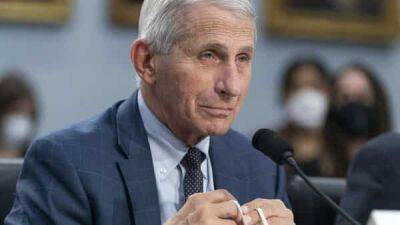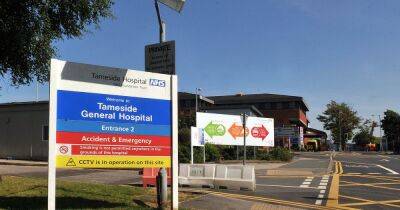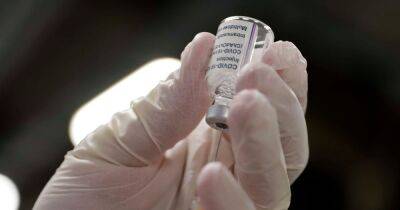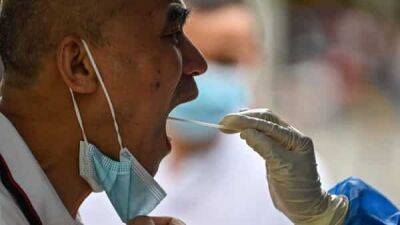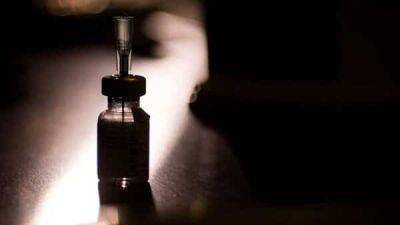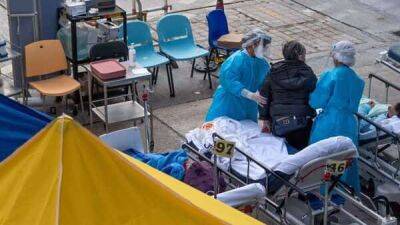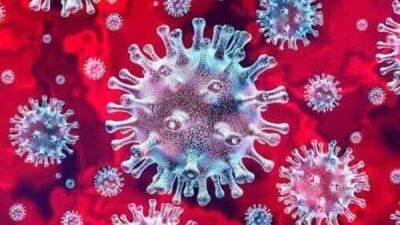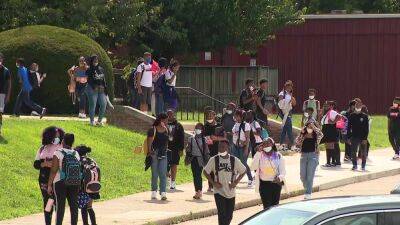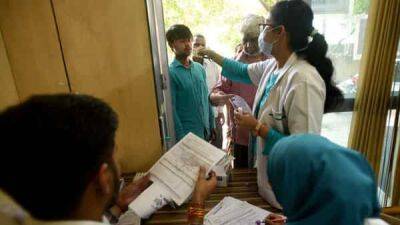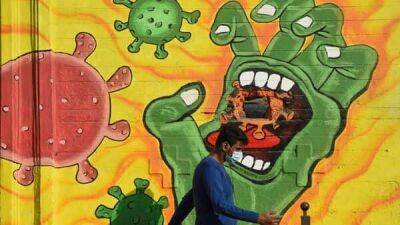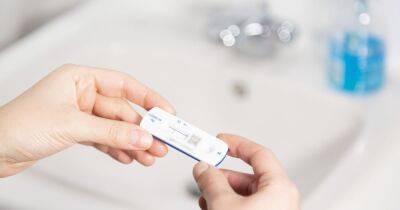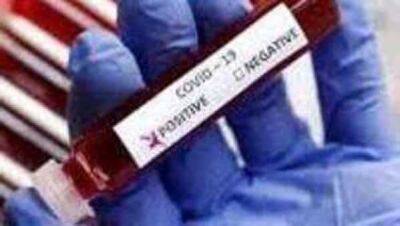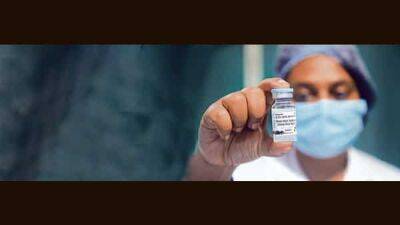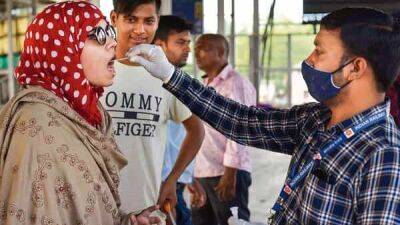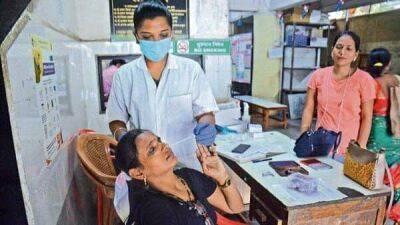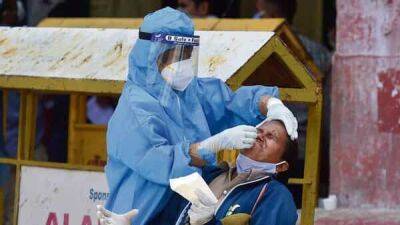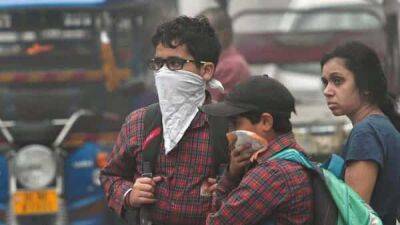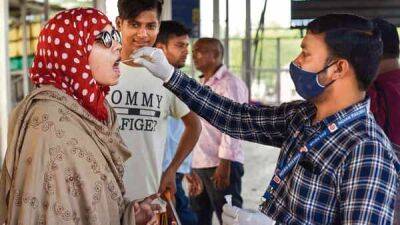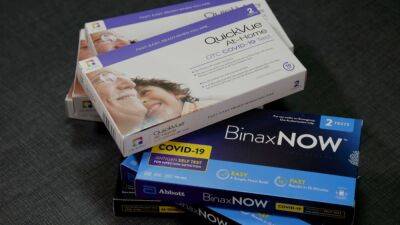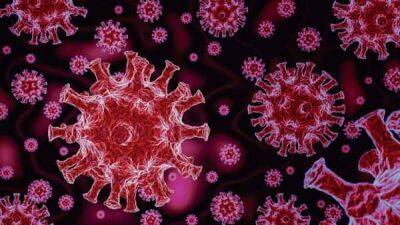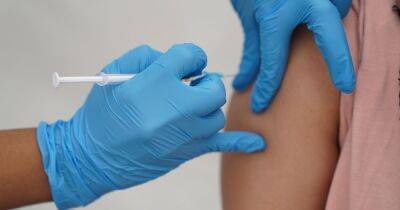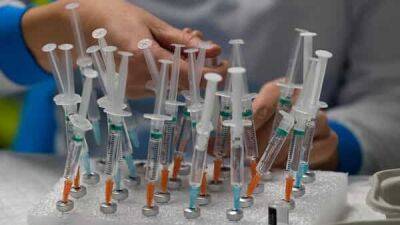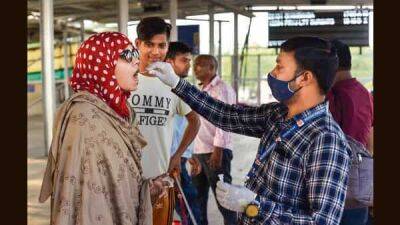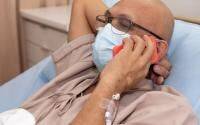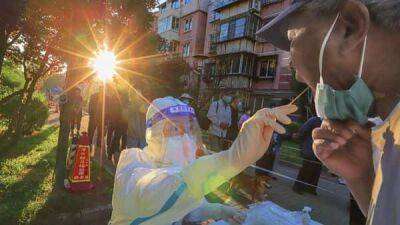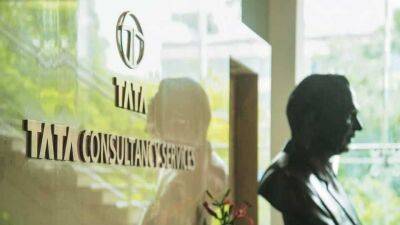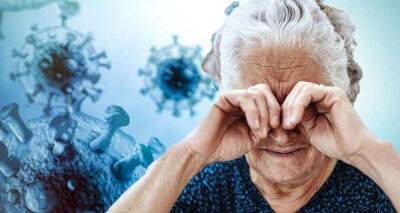Survey: Most clinicians treating low-income COVID patients morally distressed
Constrained by a lack of sufficient resources and faced with difficult decisions amid COVID-19 surges in the first year of the pandemic, nearly 72% of US primary care, dental, and behavioral health clinicians working in safety-net clinics report experiencing mild to intense moral distress, finds a study published late last week in BMJ Open.Led by University of North Carolina at Chapel Hill researchers, the study involved a 10-minute online survey of 2,073 frontline clinicians serving low-income patients in safety-net clinics in 20 states and participating in state and national education loan-repayment programs.
The survey, fielded from Nov 24, 2020, to Feb 7, 2021, included the single-question Moral Distress Thermometer and one open-ended question.Safety-net clinics care for patients—many of whom are racial minorities—who face barriers to receiving care in mainstream clinics.
They include Federally Qualified Health Centers, Indian Health Service clinics, county health departments, and community mental health facilities.The authors defined moral distress as psychological unease resulting from conflict between the things one does or witnesses and deeply held moral and ethical beliefs and expectations.
They also noted that such distress is known to lead to burnout, compassion fatigue, disengagement from patients, poor-quality patient care, and job turnover among hospital nurses.Of all respondents, 54.9% were aged 35 to 49 years, 72.9% were women, 60.2% had children at home, 81.0% were White, 9.8% were Hispanic, 7.2% were Asian, 6.8% were Black, and 5.0% were multiracial.More than a quarter noted intense distressA total of 71.6% of survey respondents said they experienced moral distress.
Read more on cidrap.umn.edu
